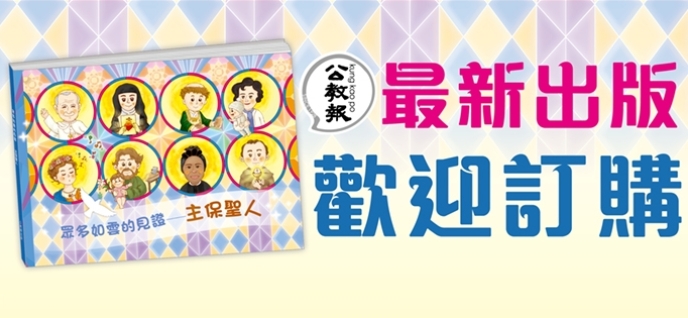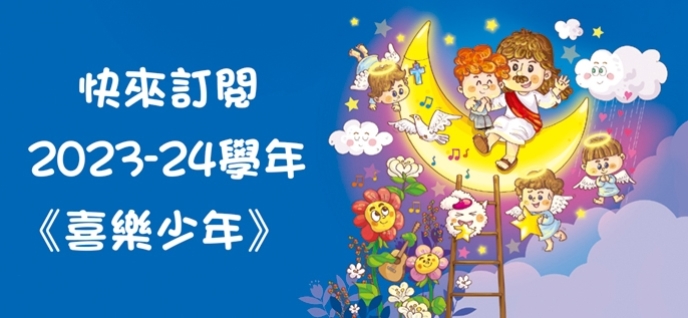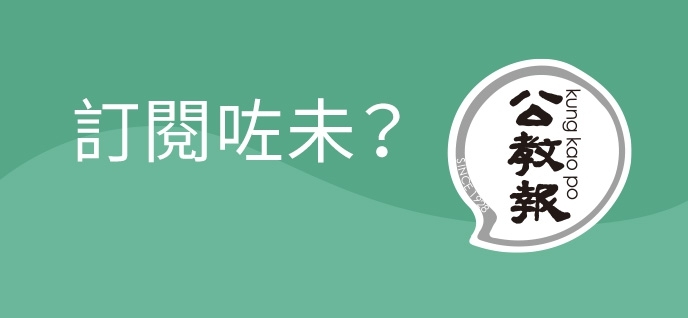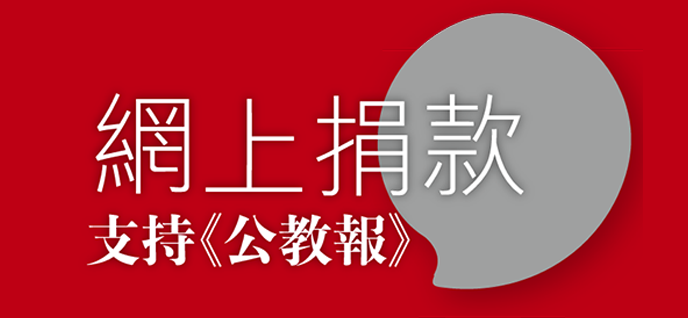
Don’t bite the hand that feeds you
When someone has helped us, we should say " thank you " to show our gratitude. If we are rude to that person, we might receive the following comment:
" Don't bite the hand that feeds you! "
Imagine that you feed a hungry animal and it bites you on your hand. What would your feeling be? You probably feel hurt both physically and mentally. This is not only because your hand might be bleeding due to the bite, but also because the animal has harmed you when you are trying to care for it. Thus, metaphorically this expression implies that someone is being unthankful or unappreciative to a benefactor.
This phrase first appeared in print in a political pamphlet by the Irish politician Edmund Burke in 1770. Although the origin of this expression remains uncertain, one of Aesop's Fables, " The Gardener and His Dog " , carried a similar meaning. In the story, the gardener's dog was playing near a deep well and fell into it by accident. The gardener ran to rescue it. However, as he tried to pull the dog out, it bit him on the hand.
當有人幫助我們的時候,我們就應該說「謝謝你」,以表示我們的感激之情。如果我們對那人粗魯無禮,我們也許會得到以下的評語:
Don't bite the hand that feeds you! (「別忘恩負義!」)
設想你餵一隻饑餓的動物吃東西, 牠卻咬你的手。你會有甚麼感受?你可能覺得自己的身心都受到傷害。這不僅僅因為你的手因被咬而流血,還因為那隻動物在你試圖照顧牠時傷害了你。因此,從比喻來說,這個語句暗指某人對恩人並不心存感激或毫不感恩。
這個短語最初出現在1770年愛爾蘭政治家愛德蒙.柏克所撰寫的政治小冊子裡。雖然這個語句的根源依然無法確定,但是《伊索寓言》之一《園丁和他的狗》含有類似的意義。在這個故事中,園丁的狗在一個深井旁邊玩耍,不小心跌進井中。園丁跑去救牠。可是, 當他設法把狗拉出來的時候,狗卻咬他的手。







